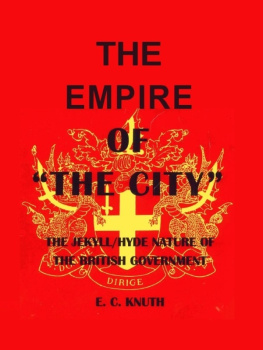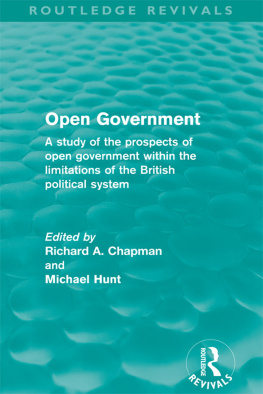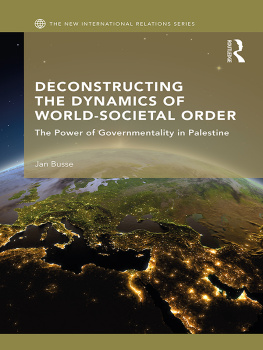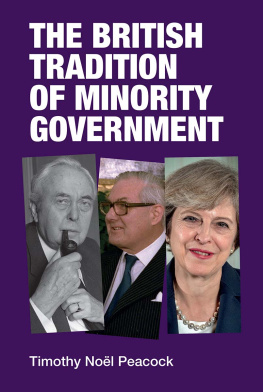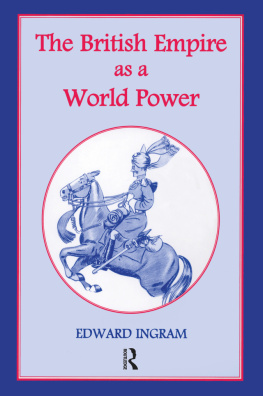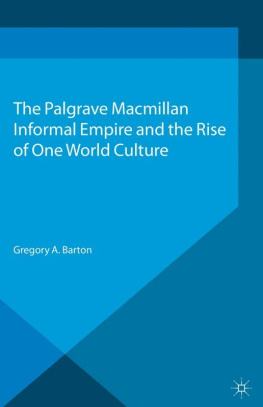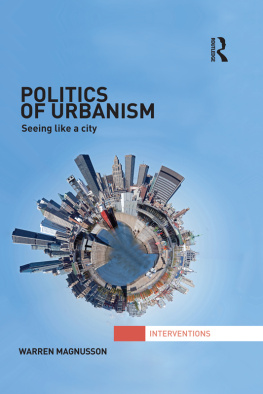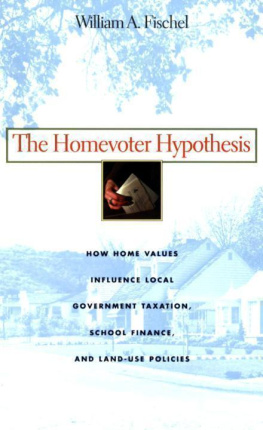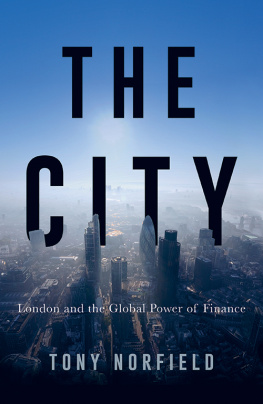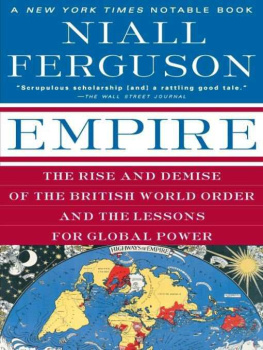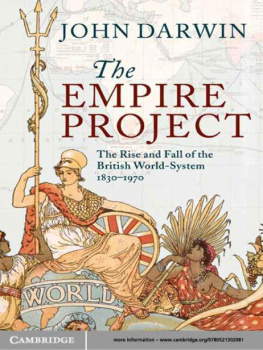Edwin C. Knuth
THE
EMPIRE
OF
THE CITY
The Secret History of British Financial Power
Contents
I know of no way of judging of the future but by the past.
Patrick Henry
INTRODUCTION TO 2nd EDITION
At the end of World War I, the writer, then 27 years old, was released from the U. S. Army as a second lieutenant of the Coast Artillery Corps. Like many more servicemen, he was filled with resentment as the deluge of utterly obvious and brazen falsehood, by which participation in that war had been forced upon the American people, was exposed, and became more evident day by day after the war was won.
That the reasons advanced to the American people for their entry into World War I were largely fraudulent became common and accepted knowledge, and over 25 years after the end of that war the eminent American historians, Charles A. and Mary R. Beard, stated in their Basic History (page 442) that the gleaming mirage that pictured the World War as purely or even mainly a war for democracy and civilization dissolved beyond recognition, and the well-known Internationalist publicist, Walter Lippmann, stated in his U.S. Foreign Policy (page 24) in effect that the real reasons for going to war in 1917 have never been admitted.
Many people realize that this mystifying situation, in which an alleged democratic and self-governing nation is actually controlled against the will of the people in its foreign affairs, is a clear indication that there must be a very powerful and well-financed secret organization which plans and directs American foreign affairs, and for lack of a more specific identification this suspected secret organization is popularly referred to as the International Financiers.
When the propaganda mills began their characteristic grind towards war in the early 1930s, the writer began a more definite study of international power politics, and soon found it an entrancing and revealing subject. There was, however, no more free speech; and the most amazing documented aspects of a vast secret world order of International Finance could find no hearing in a situation where some Congressmen denounced overwhelming Nationalist expression of views in their mail as mere organized subversion.
The shelves of our public libraries hold thousands of books pertaining to some aspect of this vast subject; most of them dry as dust to the average reader and remaining unread by the public through the years. Most of these scholarly works are devoted to some passing phase of power politics in some part of the world, of which their author has made a specialized study, and have invariably been forgotten as the public has lost interest in that particular incident.
In running through these works some amazing nuggets of information come to light here and there, which fitted together gradually unfold the stunning history and the legal structure of a sovereign world state located in the financial district of the loosely knit aggregation of buroughs and cities popularly known as the city of London. The colossal political and financial organization centered in this area, known as The City, operates as a super-government of the world; and no incident occurs in any part of the world without its participation in some form.
Its pretentions are supported in the United States by the secret International Pilgrim Society, sponsor of the Cecil Rhodes One World ideology which was launched about 1897. The president of its American branch is Dr. Nicholas Murray Butler, who is also president of the allied Carnegie Endowment for International Peace. The ultimate objective of this camerilla was defined by one of its noted propagandists, the late William Alien White, as: It is the destiny of the pure Aryan Anglo-Saxon race to dominate the world and kill off or else reduce to a servile status all other inferior races.
After reducing the vast mass of data forming the basis of this work into a logical and readable sequence, it was finally put into print and privately published after long delay, and copyright was granted May 22, 1944. About 200 copies were sent to various members of Congress, thus largely performing the purpose of the first edition. Several members of the Senate Foreign Relations Committee accorded some attention to this.
Senator Henrik Shipstead of Minnesota wrote August 12, 1944: The document containing the result of your research was so interesting that it spoiled most of my sleep that night I have been doing some research along the same lines and I find my time in that respect is limited. You have done a great deal of work that will save me a great deal of time. On August 21, 1944, he wrote: People ought to be induced to read it. It is a documented piece of work and therefore should command respect and arouse interest.
This work apparently appeals most strongly to men of professional standing, and to people of the elder generations, and a number of lawyers, doctors, clergymen, architects and engineers of the writers acquaintance have expressed their great interest and apparently general commendation. Publishers approached have been reluctant to undertake it, and several stated that there would be little demand for a serious work of this kind, as the American public is not interested in that kind of reading matter. One large Eastern publisher frankly wrote he was obliged to disregard the recommendations of his readers on advice of counsel.
, are new additions to the second edition of The Empire of The City. Chapter XI, A Study in Power, was published separately and copyrighted February 22, 1945.
ACKNOWLEDGMENTS
I wish to thank the following publishers for their courtesy in granting me permission to quote from these books:
Americas Strategy in World Politics by Prof. Nicholas J. Spykman (Harcourt, Brace and Co., Inc.)
Background of War. Editors of Fortune, (Alfred A. Knopf, Inc.)
Barriers Down by Kent Cooper (Farrar & Rinehart)
The Case for India by Will Durant (Simon & Schuster, Inc.)
The Day of the Saxon From by Homer Lea (Harper & Brothers)
Isolation to Leadership by Prof. John H. Latane(The Odyssey Press, Inc.)
The Intimate Papers of Colonel House by Prof. Chas. Seymour (Houghton Mifflin Company)
Liberty-Equality-Fraternity by Dr. Nicholas Murray Butler (Chas. Scribners Sons)
The Life of W. E. Gladstone by John Morley (The MacMillan Co.)
Lord Keynes, Closeup of by Noel F. Busch (Time, Inc., 1945)
Merchants of Death by H. C. Engelbrecht & F. C. Hanighen (Dodd, Mead & Company)
My Memories of Eighty Years by Chauncey M. Depew (Chas. Scribners Sons)
Old Diplomacy and New by A. L. Kennedy (D. Appleton-Century Co.)
Pan-Americanism by Prof. Roland G. Usher (D. Appleton-Century Co.)
Pan-Germanism by Prof. Roland G. Usher (Houghton Mifflin Company)
Shall It Be Again? by John K. Turner (The Author)
The United States and Great Britain by Rear Admiral Chas. L. Hussey (The University of Chicago Press)
The War and Democracy by J. Dover Wilson (The MacMillan Co.)
The Empire of The City
The Secret History of British Financial Power
CHAPTER 1
The Fundamental Basis of Internationalism
In 1912, the noted internationalist, Homer Lea, in a scientific study of basic elements of world politics, forecast as imminent and inevitable a series of gigantic world conflicts, of which World War I, World War II, and a now almost certain and nearby World War III, form a part.
Mr. Leas great work, The Day of The Saxon, was first published in 1912 in very limited edition, and was republished in 1942 by Harper & Brothers. It can be said to form a major book of the Internationalist Bible, and is one of the very few works on Internationalism that treats this usually deliberately distorted subject with scholarly candor, being particularly designed for the enlightenment of the elect. The following paragraphs are selected from Chapter II of this book:
Next page
